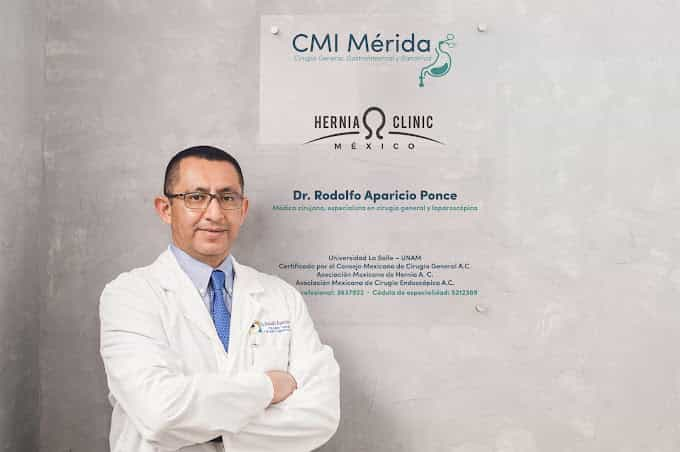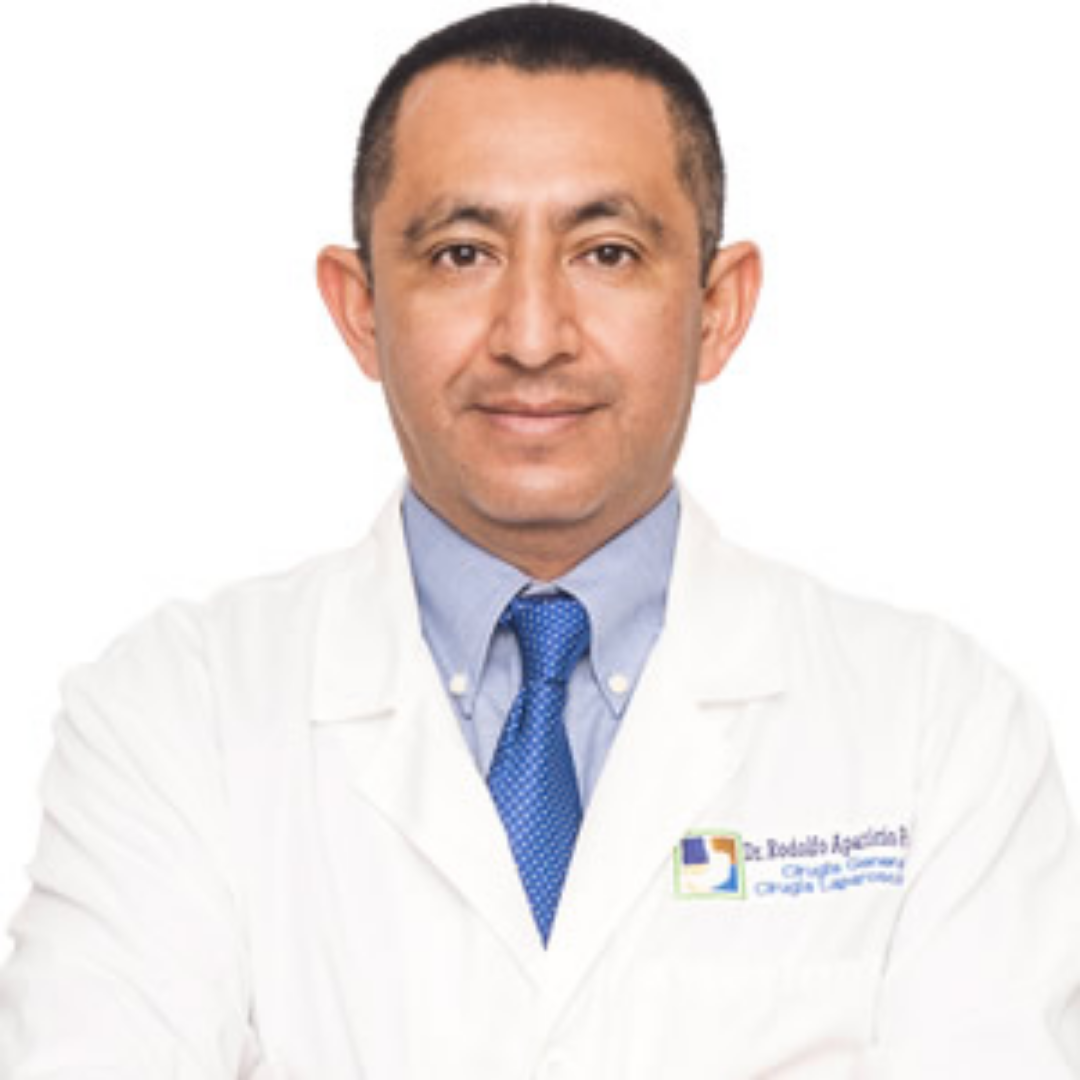|
Bloodless Surgery OptionsAround the world, several cultures and religions, including Jehovah’s Witnesses, do not allow blood transfusions during procedures and surgeries. However, there is a growing demand for bloodless surgery among Jehovah's Witnesses, who believe that the Bible prohibits the ingestion of blood; therefore, considering or undergoing a blood transfusion is contrary to their beliefs. The ‘anti-transfusion’ doctrine was introduced into the religion in the mid-1940s. In the past, Jehovah's Witnesses who accepted blood transfusions, donated, or stored their own blood for transfusion were often shunned by members of the Jehovah’s Witness organization. Specifically, Jehovah's Witnesses prohibit the transfusion of allergenic whole blood, or whole blood donated by another individual. They also prohibit transfusions of autologous or self-donated blood prior to surgery.
However, Jehovah's Witness doctrine does accept:
Jehovah's Witnesses frown upon blood-sharing, a technique defined by the term, ‘blood transfusion’. Today, such individuals are often required to have their own blood drawn and saved for procedures to avoid this situation, but it can still be frowned upon, and some Jehovah’s Witnesses, even at the risk of their own lives, refuse such an approach. However, another option, formally only available to Jehovah's Witnesses, not only helps those of that religion, but others who prefer not to receive someone else's blood during the procedure.
About the Bloodless Surgery TechniqueBloodless surgery relies on high-tech equipment and technology. Techniques depend on the type of operation being performed, but can range from use of heart-lung bypass machines that circulate the patient's blood during a surgical procedure, to the use of high- tech and state-of-the-art scalpels and laser surgery techniques that cauterize blood as tissue is cut, effectively stopping blood flow. Another technique involves the freezing of tissues before excision from the body, such as in the case of tumor removal. Bloodless surgery techniques not only adhere to cultural beliefs of Jehovah's Witnesses, but can be utilized for many types of surgeries as they cut down on recuperation and recovery time, hospital stay, costs, and postsurgical complications.
Saving Lives The avoidance of donor blood transfusion is recommended in any scenario, but the medical field recognizes that blood transfusions are a life-saving strategy in many situations. Autologous donation, or a patient who gives his or her own blood transfusions, is still recommended for those adhering to Jehovah’s Witness beliefs. Simple to complicated procedures can be performed in a "bloodless" manner today, although such procedures can be more difficult. For example, according to the American Red Cross, a typical open-heart surgery procedure may require a patient to receive up to six units of red blood cells, ten units of platelets and four units of plasma. Therefore, individuals who are best candidates for bloodless heart surgery are those that need only one procedure, such as a single bypass or repair of a single heart valve. Today, over 200 hospitals around the world offer bloodless surgical procedures such as hip replacement, open-heart surgery, and nearly everything in between. However, the technique does have limitations. Patients will bleed, but bloodless surgery utilizes techniques that suction or sponge blood out of the body cavity and salvages it. Alternatively, pumps can also keep blood circulating while the lungs or heart are stopped, such as in use of a heart-lung bypass machine. Currently, many Jehovah's Witnesses have requested that this doctrine be changed, and in recent years, growing numbers of younger generations of Jehovah's Witnesses have shown a willingness to accept blood transfusions. Several medical providers in Mexico provide bloodless surgery options, such as Bio Care Hospital & Health Center or The Good Samaritan Medical Center in Mexico.
|













.png)

